This morning, the National Assembly discussed in groups the draft Law on Artificial Intelligence (AI). The draft law stipulates that content created or edited by AI systems that contains fake elements, simulates real people, real events, and is likely to mislead viewers, listeners, or readers into thinking it is real; content created by AI for the purpose of communication, advertising, propaganda, or providing public information must be labeled.
At Thai Nguyen group, Chairman of the Committee for Science , Technology and Environment Nguyen Thanh Hai said that in the world, many countries have developed in this field but do not have laws, but only promulgate an ethical framework before making laws.
The law will have a strong impact on all areas of life, so the perspective of law making is to balance management and promotion.
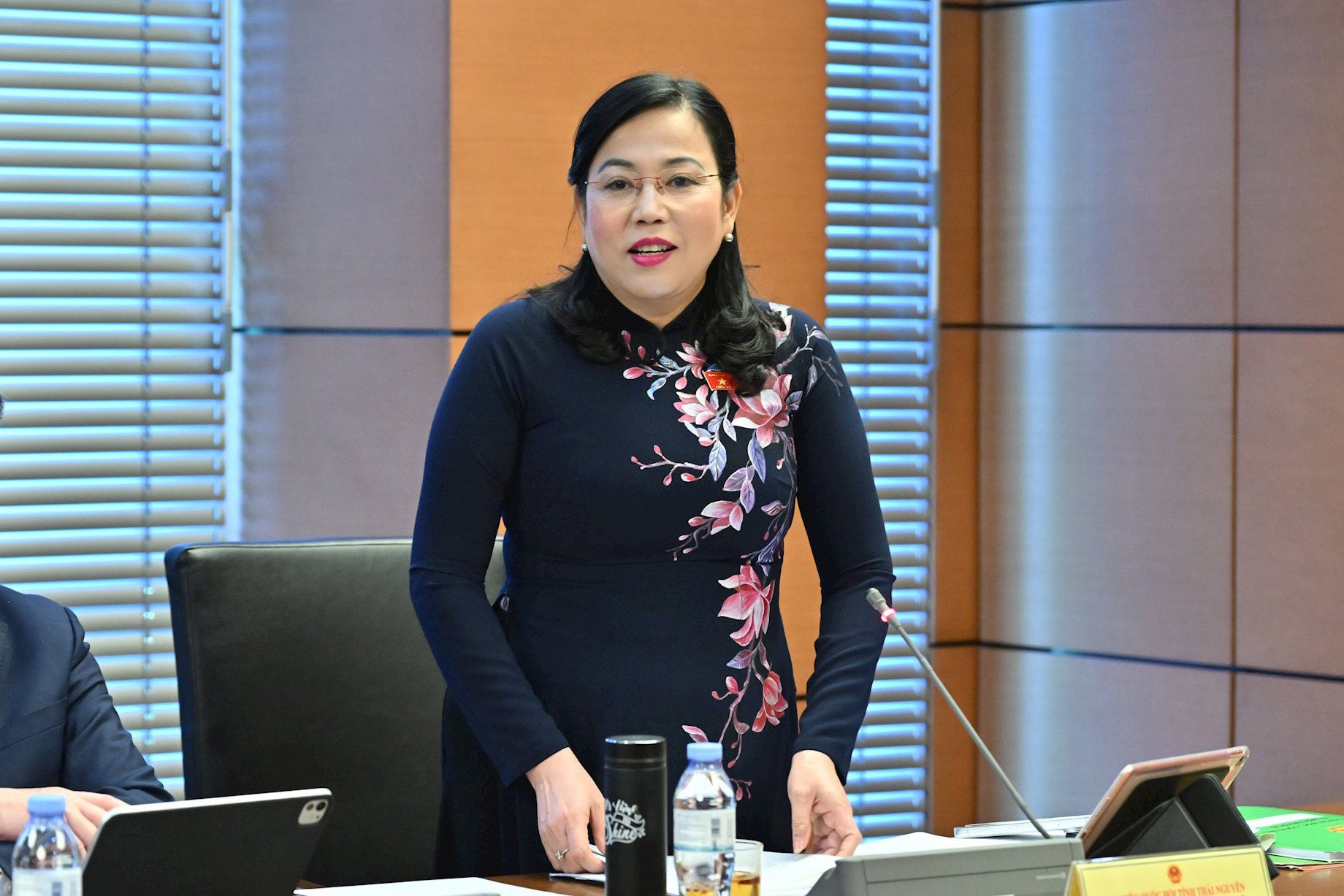
According to her, if management is strong, initial ideas about AI will be constrained, but if not tightly managed, it will cause great risks, even affecting safety and security.
She believes that the development speed of AI is very fast, with unpredictable factors, so even though this is a framework law, it is likely that it will continue to need to be amended and supplemented in a short time.
Regarding labeling AI products, Ms. Hai shared the reality of “listening to singers sing many good songs but not knowing if they are real or AI”. She suggested that products created by AI should be labeled.
The Chairman of the Committee on Science, Technology and Environment was also concerned that the draft law does not have a chapter regulating the impact of AI on culture, society and scientific research.
“Currently, scientists are using AI in scientific research, touching on issues that humans cannot touch, so what about copyright and data sharing?”, Ms. Hai raised the question.
She also pointed out the fact that many students use AI during their exams, and cited the story in China, where major exams will cut off all virtual assistants and not allow students to use them during the exam.
According to Ms. Hai, the draft law also needs to clearly state prohibited acts, such as using AI to cause disturbances, incite, manipulate votes and elections, create fraudulent images and video clips, etc.
The level of “unacceptable risk” should be considered a prohibition.
Delegate Dong Ngoc Ba (Gia Lai) said that countries around the world are still very cautious in setting regulations in this field. The draft law stipulates 4 levels of risk in the development of artificial intelligence, but Mr. Ba suggested dividing it into 3 levels: low risk, medium risk and high risk. In particular, the level of "unacceptable risk" should be considered a ban.
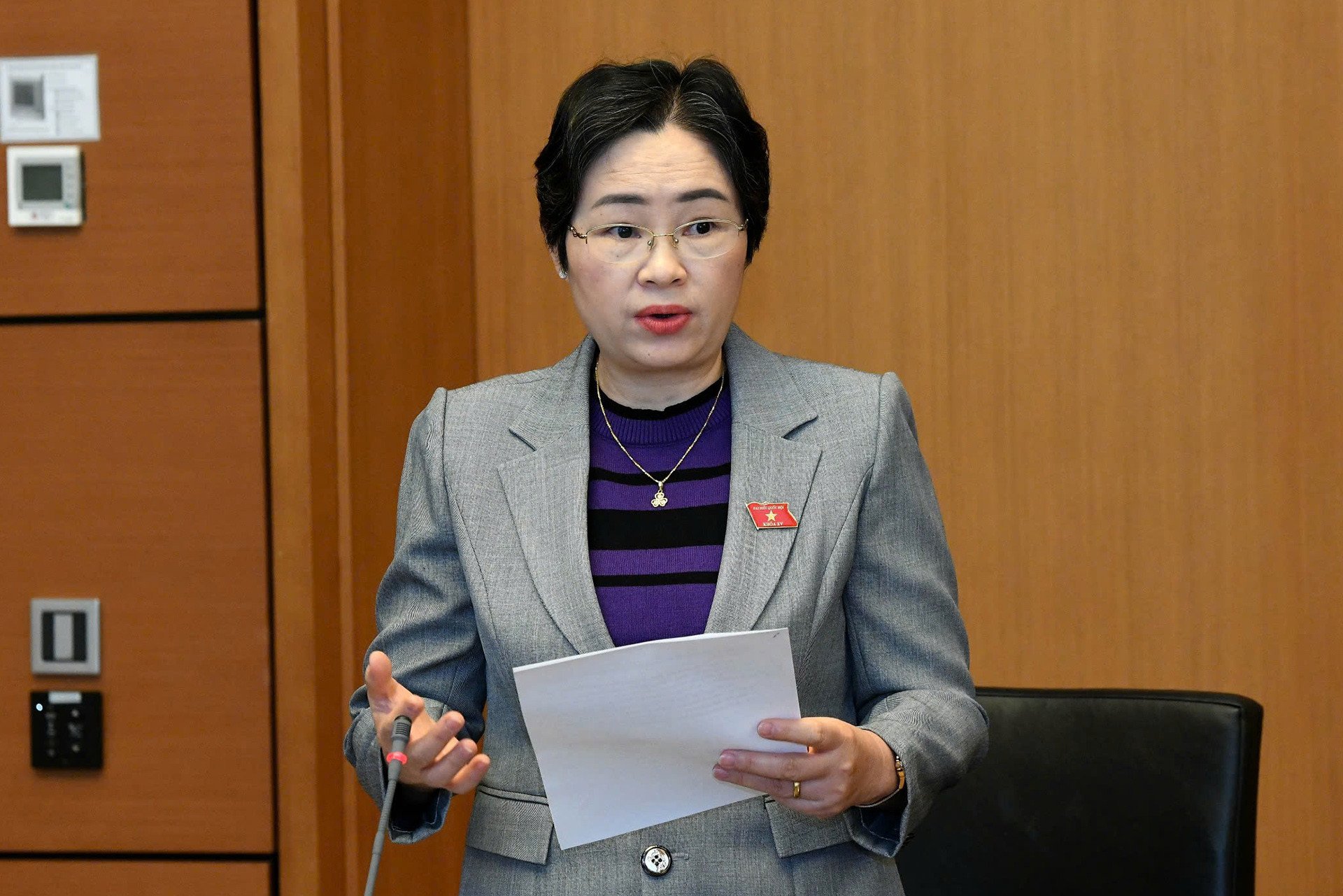
Delegate Lo Thi Luyen (Dien Bien) shared that public opinion has been reflecting a lot on children while the draft law has not yet set any limits on children's access to AI. Some European countries have set regulations on how old children can access and use AI, while some countries around Vietnam have not yet banned it.
The draft law only stipulates risk levels, so all subjects in society will have access to AI. Delegates said that this provision is unclear in terms of management.
Ms. Luyen expressed concern that if there is no age limit on accessing AI, the young generation will be like children in some countries "listening to AI, being friends with AI, even only loving AI and marrying AI".
"Children who do not have full awareness, like a blank sheet of paper, are very dangerous in the future. How will we calculate this problem?", the delegate asked.
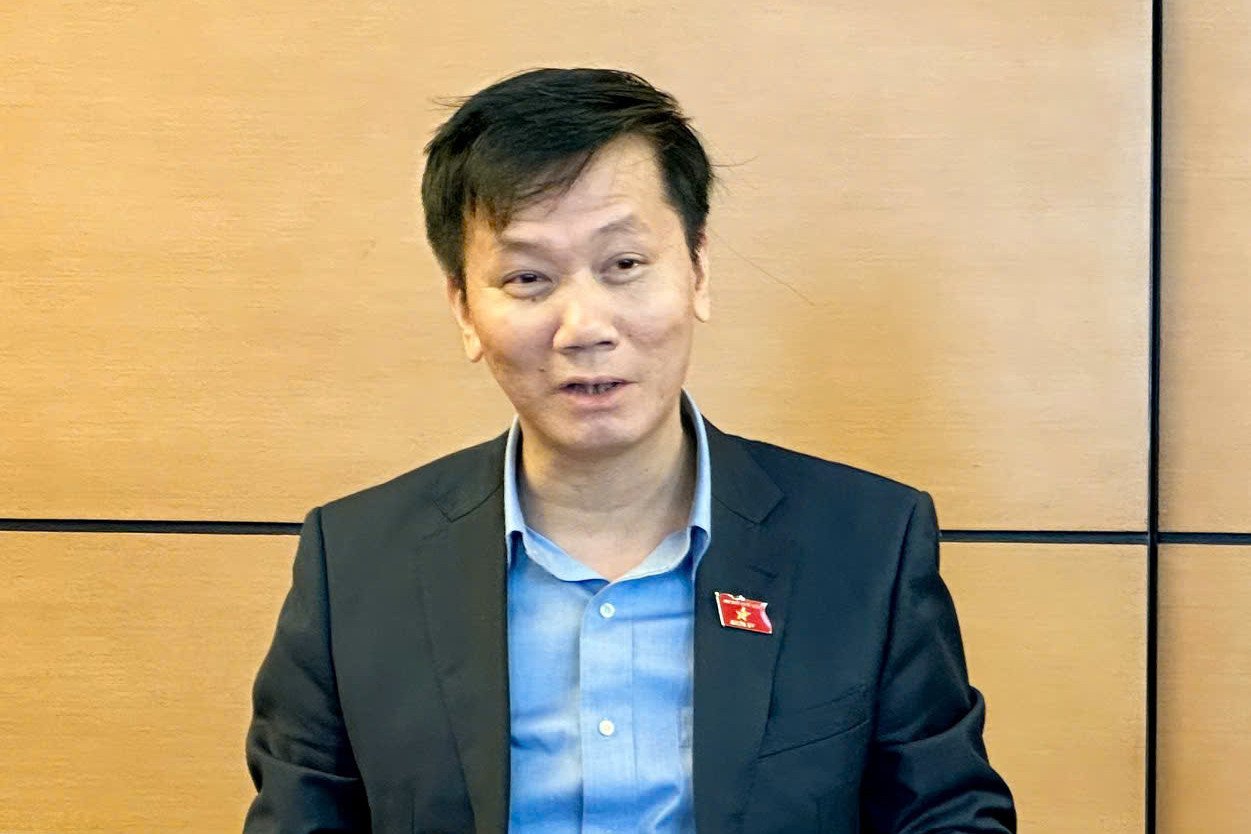
The draft law proposes that general education integrates the basic content of artificial intelligence. Delegate Lam Van Doan (Lam Dong) suggested considering this proposal. He said that the National Assembly is currently considering amending three bills related to education, so if necessary, it should be included in specialized laws to be systematic and rigorous.
"I'm talking about principles, but the content of that program should be left to the State education management agencies and the Professional Council. Setting the Law on Artificial Intelligence means that artificial intelligence must be included in the general education program, and then other laws must be included, which will make the curriculum no longer a whole and scientific entity," Mr. Doan analyzed.
Source: https://vietnamnet.vn/nghe-ca-si-hat-nhieu-bai-hay-nhung-khong-biet-la-that-hay-ai-2465062.html


![[Photo] General Secretary To Lam receives President of the Senate of the Czech Republic Milos Vystrcil](/_next/image?url=https%3A%2F%2Fvphoto.vietnam.vn%2Fthumb%2F1200x675%2Fvietnam%2Fresource%2FIMAGE%2F2025%2F11%2F21%2F1763723946294_ndo_br_1-8401-jpg.webp&w=3840&q=75)
![[Photo] President Luong Cuong receives Speaker of the Korean National Assembly Woo Won Shik](/_next/image?url=https%3A%2F%2Fvphoto.vietnam.vn%2Fthumb%2F1200x675%2Fvietnam%2Fresource%2FIMAGE%2F2025%2F11%2F21%2F1763720046458_ndo_br_1-jpg.webp&w=3840&q=75)
![[Photo] National Assembly Chairman Tran Thanh Man holds talks with President of the Senate of the Czech Republic Milos Vystrcil](/_next/image?url=https%3A%2F%2Fvphoto.vietnam.vn%2Fthumb%2F1200x675%2Fvietnam%2Fresource%2FIMAGE%2F2025%2F11%2F21%2F1763715853195_ndo_br_bnd-6440-jpg.webp&w=3840&q=75)


![[Photo] Visit Hung Yen to admire the "wooden masterpiece" pagoda in the heart of the Northern Delta](/_next/image?url=https%3A%2F%2Fvphoto.vietnam.vn%2Fthumb%2F1200x675%2Fvietnam%2Fresource%2FIMAGE%2F2025%2F11%2F21%2F1763716446000_a1-bnd-8471-1769-jpg.webp&w=3840&q=75)


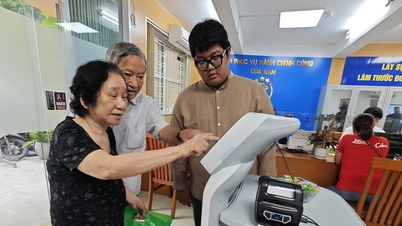
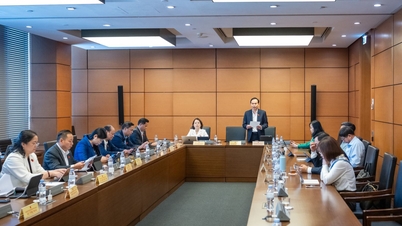

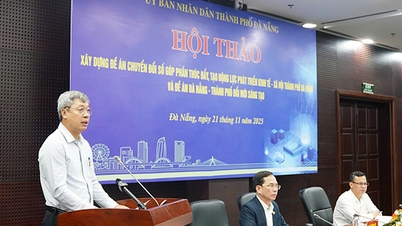

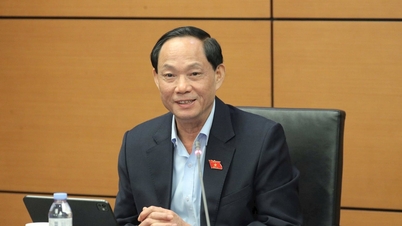



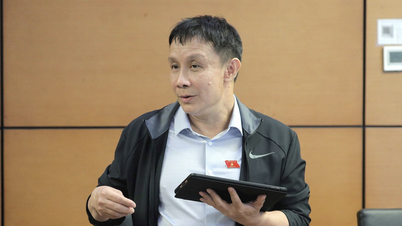
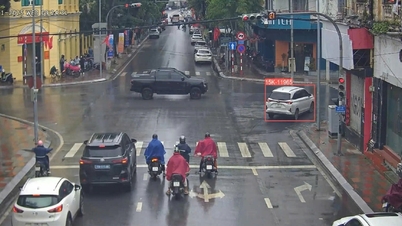




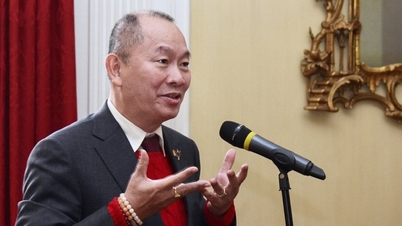




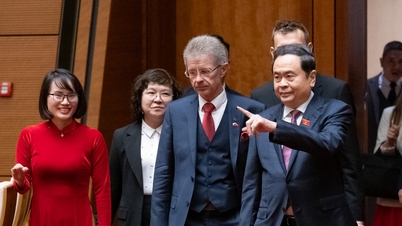
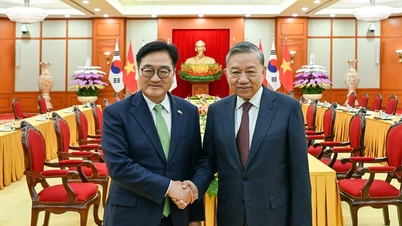

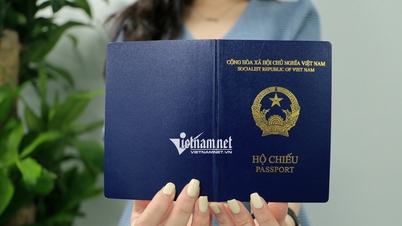















































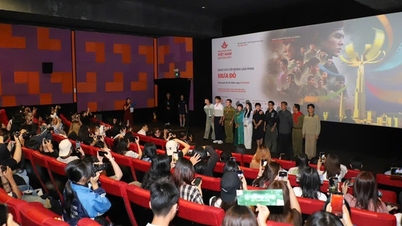





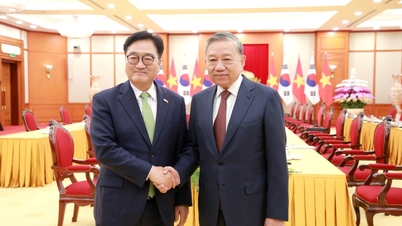








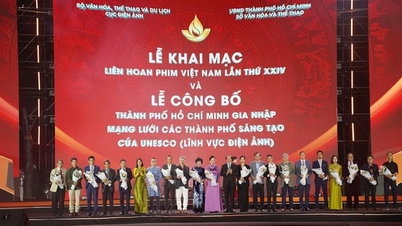















Comment (0)